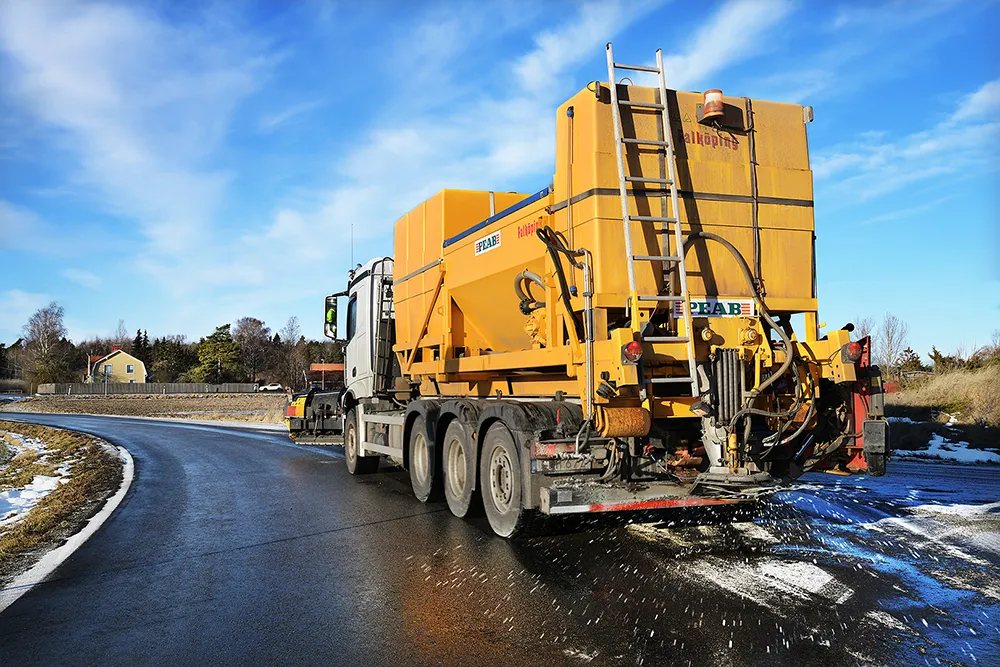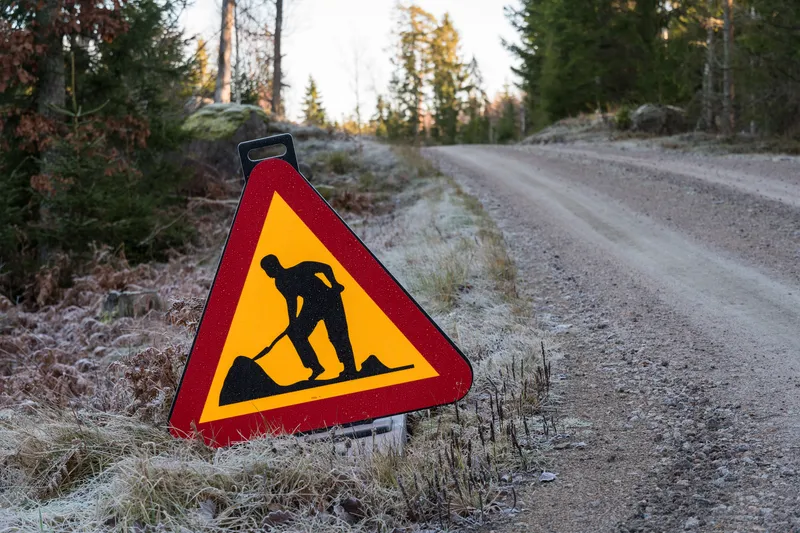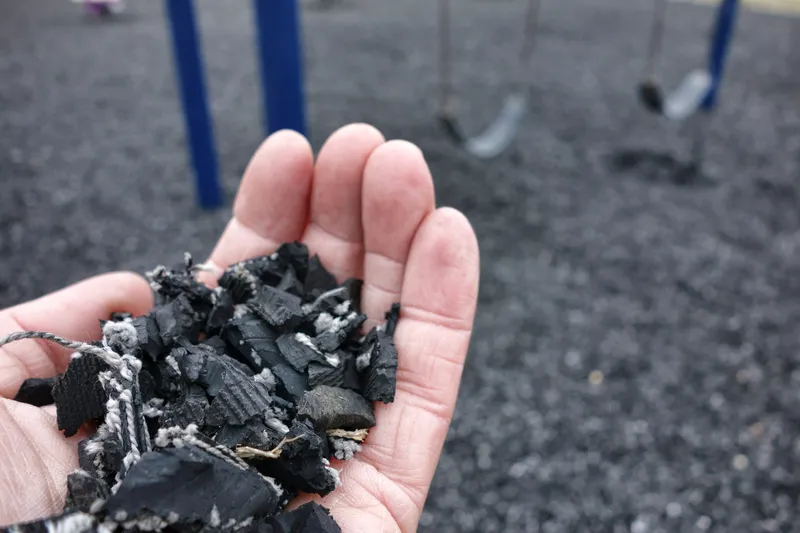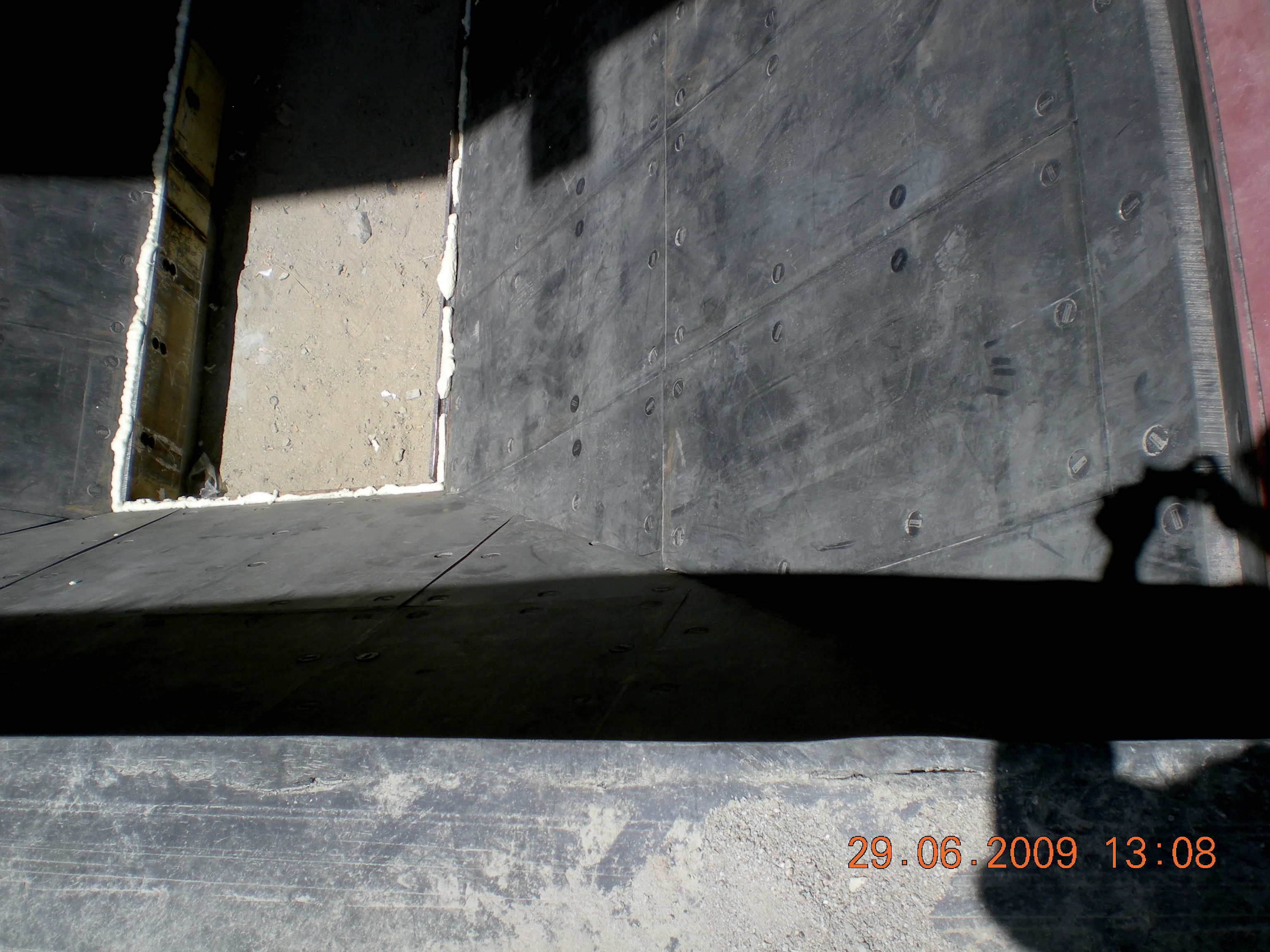
In May 2020 Ragn-Sells started construction of the first Ash2Salt process plant at the group’s recycling site at Högbytorp site just outside Stockholm – a US$55 million investment. Initially, the plant will be able to receive and process up to 135,000 tonnes of fly ash annually – just under half of the 300,000 tonnes of fly ash that Sweden produces each year. Right now, around half of this is sent to a discontinued limestone quarry on the Norwegian island of Langøya, near Oslo.
Fly ash, which is classified as hazardous waste, is what is left-over from scrubbing the flue gas from waste incineration carried out by local communities and cities. The Ash2Salt plant will wash the fly ash and recover its constituent salts: sodium chloride, calcium chloride and potassium chloride and sell these forward to manufacturers of various products and a range of commercial applications, including road salt manufacture.
Meanwhile, EasyMining has a contract to supply GC Reiber, based in Oslo, Norway, and one of northern Europe’s largest manufacturers and distributors of industrial-use salts, including road salt. In turn, Reiber has signed a contract with road maintenance company Peab to supply it with road salt starting by the end of this year for winter 2022/23.








